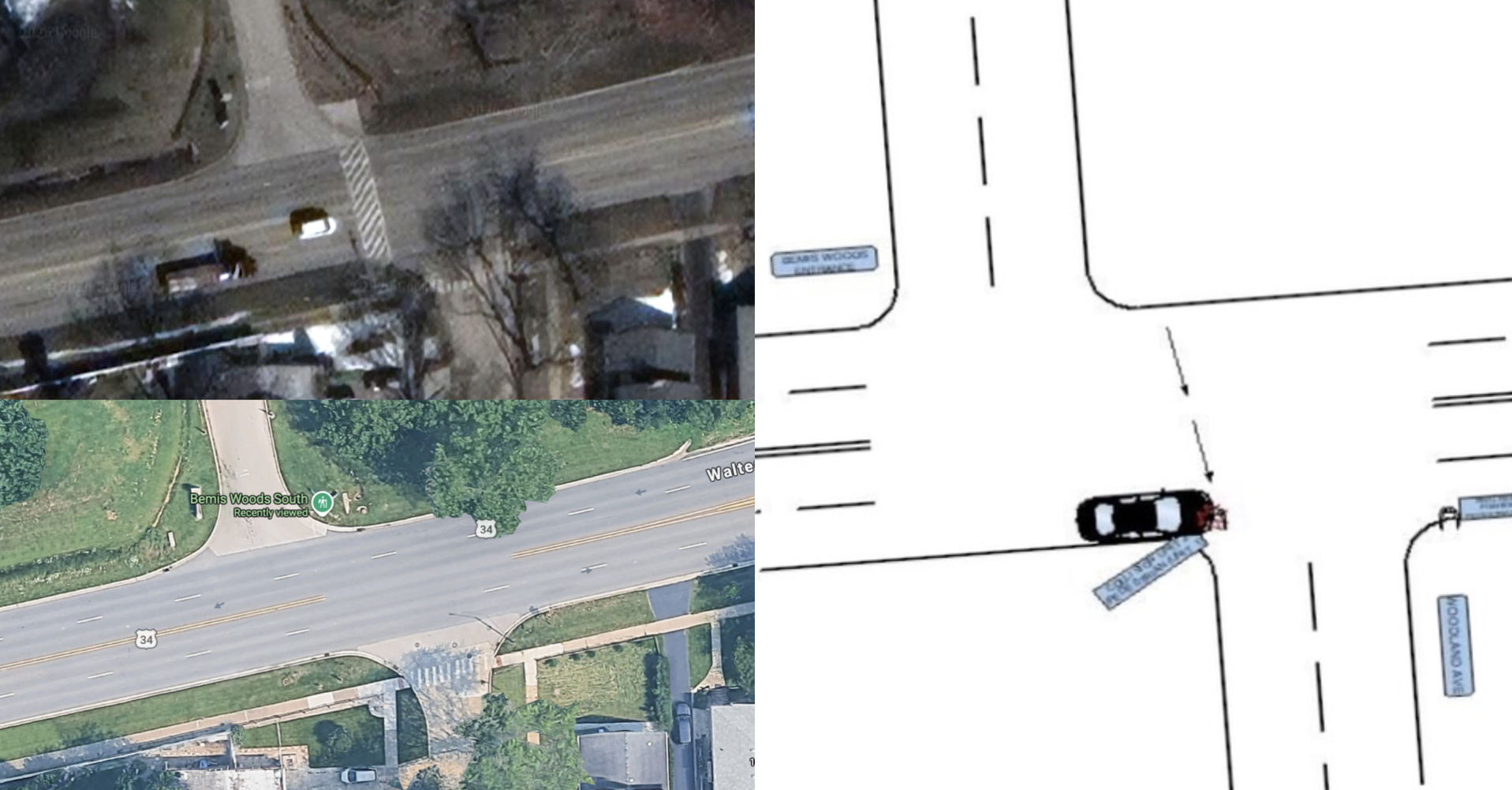Just last month, the American Society of Civil Engineers gave U.S. infrastructure another dismal grade and every media outlet and lawmaker in the country, it seemed, bellyached about how we need to invest more. And then Gallup asked Americans if they’d be willing to raise the gas tax by 20 cents a gallon. The answer was a big, fat, “No.”
Two-thirds of respondents in the Gallup poll said they would oppose a hike in the gas tax. Republicans were especially opposed, with just 15 percent favoring the hike. Perhaps if it were framed as a user fee that kept taxes from being raised on the general public, they would be more amenable to the idea?
Somewhat embarrassingly, low-income respondents were the most willing to accept a higher gas tax. Thirty-six percent of people who make under $24,000 a year said they’d support a tax hike, where only 25 percent of folks who make $24,000 to $59,999 said they would. Midwesterners and Southerners were also most tax-averse, with people on the coasts somewhat more willing to pay.
The poll was conducted April 9 and 10, about two weeks after Maryland lawmakers passed the first increase in the state's gas tax in 20 years to pay for road and transit projects.
But Marylanders aren’t alone in facing the prospect of higher gas taxes whether they want them or not: Thirty states are currently debating or have recently passed measures aimed at bringing in more funding for transportation [PDF]. Arizona and Florida want to study the feasibility of a vehicle-miles-traveled fee; Arkansas is considering raising sales taxes and raiding the general fund to pay for highways; California wants to raise the gas tax; Connecticut is contemplating tolling -- and on and on. In the absence of the political courage to act at the federal level, states are making difficult choices themselves.
The polling shows just how difficult these choices are for states. But states are where the rubber meets the road – or the steel meets the track – and while feds can pass down funding shortfalls, states have been forced to take action. It’s unfortunate that, in the midst of legislative and public education campaigns in 30 states about transportation finance, the word still isn’t getting out sufficiently to persuade more than 29 percent of the people that it’s important to pay a little more to have infrastructure in reasonably good repair.
Granted, not many states are considering raising their gas taxes by as much as was asked about in the Gallup poll question. The exceptions are Pennsylvania, which is thinking about doing away with the cap on the “oil company franchise tax” part of the gas tax to allow it to rise by about 28.5 cents over five years in three installments, and Nevada, whose proposal would raise the gas tax two cents a year for the next decade.





